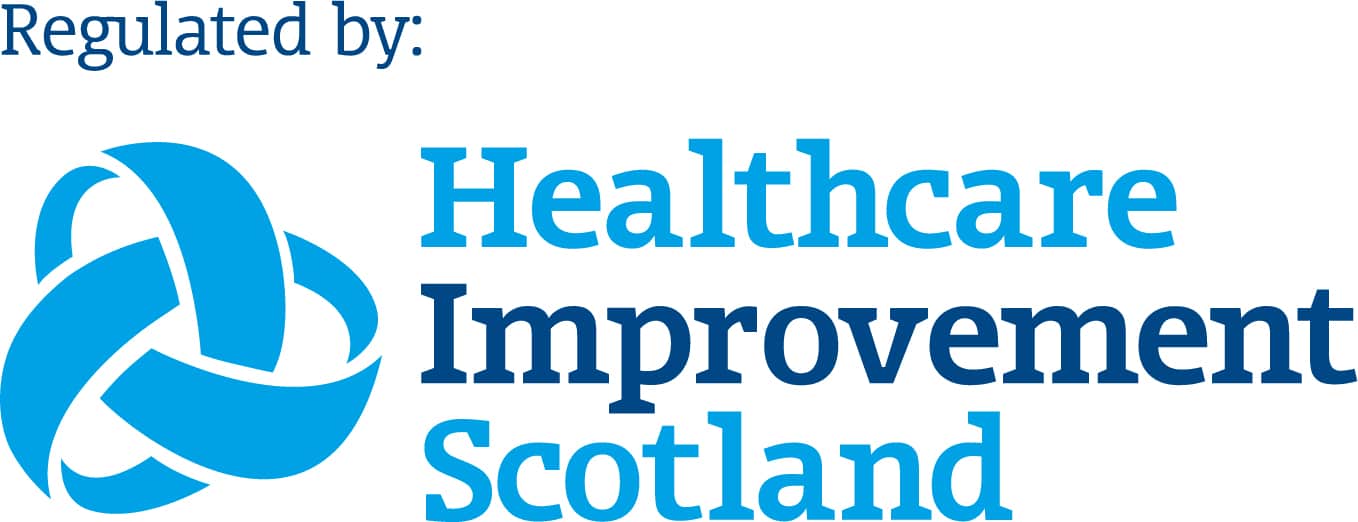In my clinical practice I come frequently across the question ‘Should I start a statin doctor?’. This then leads to ‘How bad is my cholesterol doctor?’, ‘Do I need the statin or not doctor?’.
I will start by giving you two examples:
Example 1:
One patient, 56 years old male, never smoked and is a regular fell runner. His total cholesterol was 5.6 mmol/l. Despite living a healthy life and with no obvious risk factors for developing heart disease, this patient ended up being diagnosed with heart disease and required two coronary stents inserted.
Example 2:
Another patient, 51 years old female, non-smoker and with a reasonable active life, has a cholesterol of 7.8 mmol/l. She has no obvious risk factors for heart disease except the highly elevated cholesterol level. Investigations showed that she had no signs of any cholesterol deposits in the coronary arteries.
So where does this leave us? Yesterday I consulted a patient who was treated with statins by the NHS GP for a number of years for a total cholesterol of 7.2 mmol/l, but with no demonstrated evidence of heart disease or ‘damage’ and no relevant family history of heart disease. Should he or should he have not been taking the statins for all those years?
What do the Guidelines say
NICE, the National Institute for Health and Care Excellence, the centrepiece for NHS best practice, recommends that statin treatment should be offered if an individual has a 10% or greater 10-year risk of developing cardiovascular disease or if an individual has been diagnosed with a cardiovascular disease. This estimation is done using the QRISK2 assessment tool and the % figure was reduced by NICE from 20% to 10% last year. This approach however is not applicable in cases where Familial Hypercholesterolemia may be suspected, such as in cases where the total cholesterol is above 7.5 mmol/l.
In the two examples given above both patients had a less than 10%, 10-year risk of developing cardiovascular disease. So are we missing something? Of course one may say that we cannot help everyone and that some patients may be missed by this approach. But, is there anything else out there?
The Coronary Artery Calcium Score
The amount of calcium present in the coronary arteries is converted to a calcium score and this correlates to the severity of the fatty deposits inside the arteries.
The Coronary Artery Calcium Score is measured via a CT scan of the heart. It is a non- invasive procedure and it takes 10 minutes to complete. The scan will be analysed by a specialist radiologist and the extent of existing cardiovascular disease will be graded according to the score. There may be a ‘zero’ score- ie with no evidence of cardiovascular disease, or the score may be higher and suggest different probabilities for the presence of cardiovascular disease, ie fatty deposits within the arteries.
Although the scan can be carried out in the absence of symptoms suggestive of chest pain, the current NICE Guidelines suggest the scan should be carried out only in some of the patients presenting with chest pain.
Best Practice- Our Approach at ROC Clinic
Although the Coronary Calcium Score has been advocated as the tool for screening asymptomatic patients for cardiovascular disease, it has not been adopted widely as yet. More importantly, patients are not informed about what it is available on the market in order to further assess their individual cardiovascular risk.
Given that some patients with elevated risk scores on some of the classic cardiovascular risk calculators, never develop heart disease or indeed have no fatty deposits on their artery walls and given that some patients with low risk scores may end up having an heart attack, it demonstrates only one thing: We, as doctors, don’t know it all.
Therefore, each patient should be approached as individual, and all available tools at our disposal be explained and presented to the patient with all their pros and cons. The patient will then be able to make an informed decision as to what they wish the next step to be and will be able to make their own mind up as to whether having a test such as an Coronary Calcium Score CT Scan is a cost-effective screening tool for them.
Sometimes having an in depth assessment at the outset may eliminate a life time of statin treatment, the side effects and expense associated with them. We do not believe in taking medications unless one has to and we have a duty to inform our patients of the latest developments in medicine.


